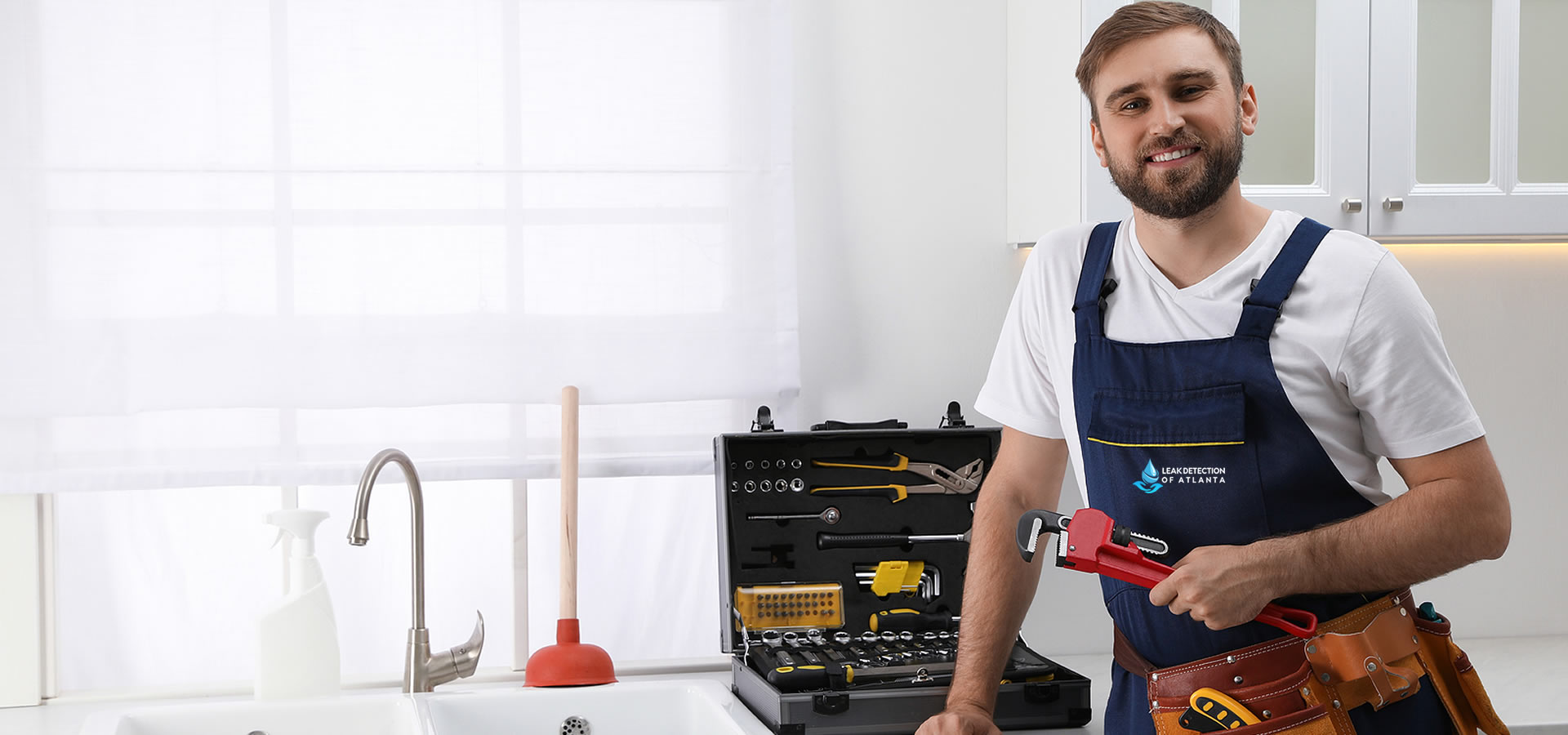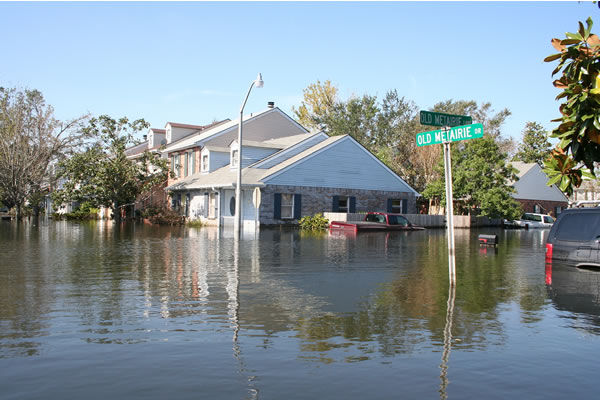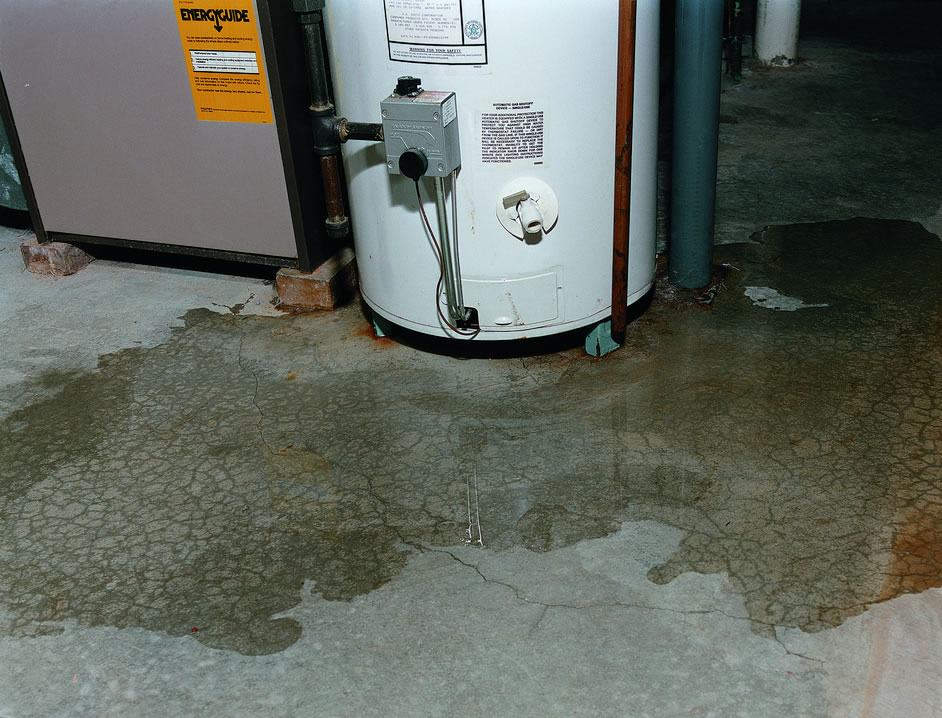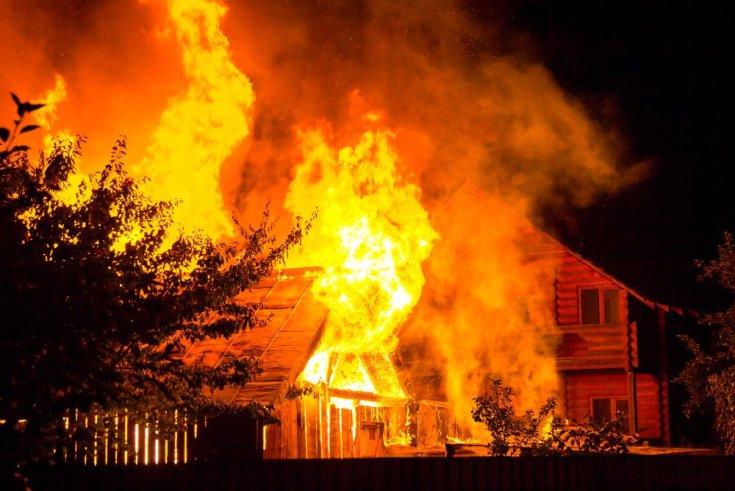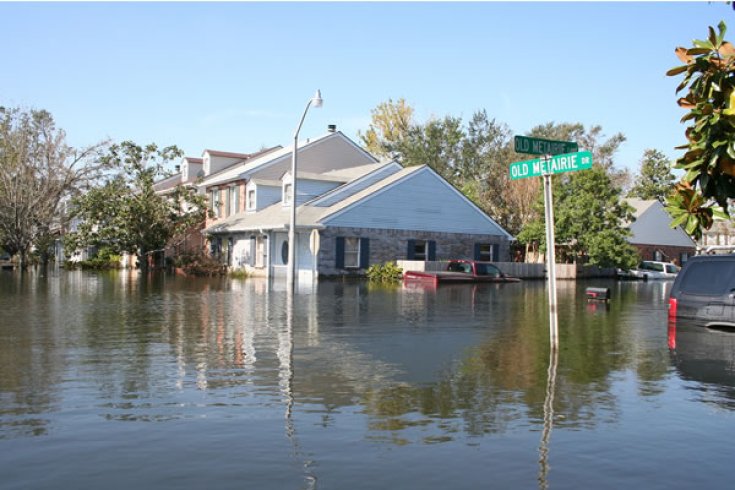How to Prepare for Winter Storms
Winter brings with it a tranquil coating of snow, but it also carries with it the possibility of unforeseen difficulties, one of which is the risk of water damage from winter storms. Your lovely winter paradise could become a soggy nightmare due to busted pipes, roof leaks, and flooding brought on by freezing temperatures and copious amounts of precipitation.
In this blog post, our professionals from Leak Detection of Atlanta will explore essential steps for water damage restoration, water damage removal, and cleanup to help you prepare for and combat the aftermath of winter storms.
Preparation is Key
Winter-proof your home by taking proactive steps before winter arrives. Check for leaks on your roof, clean your gutters to guarantee adequate drainage, and insulate your pipes to prevent freezing. A well-kept house is more resilient to water damage, giving it a strong base to withstand winter storms.
Early Detection
During winter storms, be extra cautious and keep an eye out for leaks in your house. Inspect the basement, walls, and ceilings for indications of water intrusion. Rapid identification minimizes the chance of significant water damage by enabling timely response.
Water Damage Restoration Basics
When it comes to water damage, time is critical. Take immediate action to prevent more harm. To stop the source of the water, start by shutting off the main water supply. This is an essential step in stopping ongoing flooding.
When it comes to restoring water damage, safety should come first. Make sure the power is off in the impacted locations before starting any cleanup. Wear safety gear, such as rubber boots and gloves, and exercise caution when walking on slick areas. If the damage is severe, you should think about getting help from a specialist.
Water extraction is the initial stage of water damage cleanup. To get rid of standing water, use pumps, buckets, or a wet/dry vacuum. Aim to remove as much water as you can to speed up the drying process and stop the growth of mold.
It's time to dry off the impacted areas after the extra water has been removed. To accelerate the drying process, use fans and dehumidifiers and open windows to allow natural circulation. Particular care should be given to obscure or difficult-to-reach places since residual moisture can cause structural damage and the formation of mold.
Professional Assistance
If you have significant water damage or aren't sure you can handle the cleanup on your own, you might want to think about hiring experts in water damage restoration. These experts are equipped, knowledgeable, and capable of determining the full degree of the damage and putting successful restoration plans into action.
Documentation for Insurance Claims
Take note of the amount of the water damage before starting any cleanup or throwing away any damaged objects. Make a thorough inventory of the impacted goods and take pictures of them. When submitting an insurance claim, this paperwork will be essential to ensuring you get the money required for repairs and replacements.
Conclusion
The possibility of water damage intensifies as winter storms approach. You can lessen the effect of winter storms on your living space by getting your home ready, keeping an eye out for leaks, and responding quickly to water damage with extraction and drying. By being proactive, you can ensure that your home is dry and warm during the winter months, even if you choose to handle the cleanup yourself or hire a professional.

